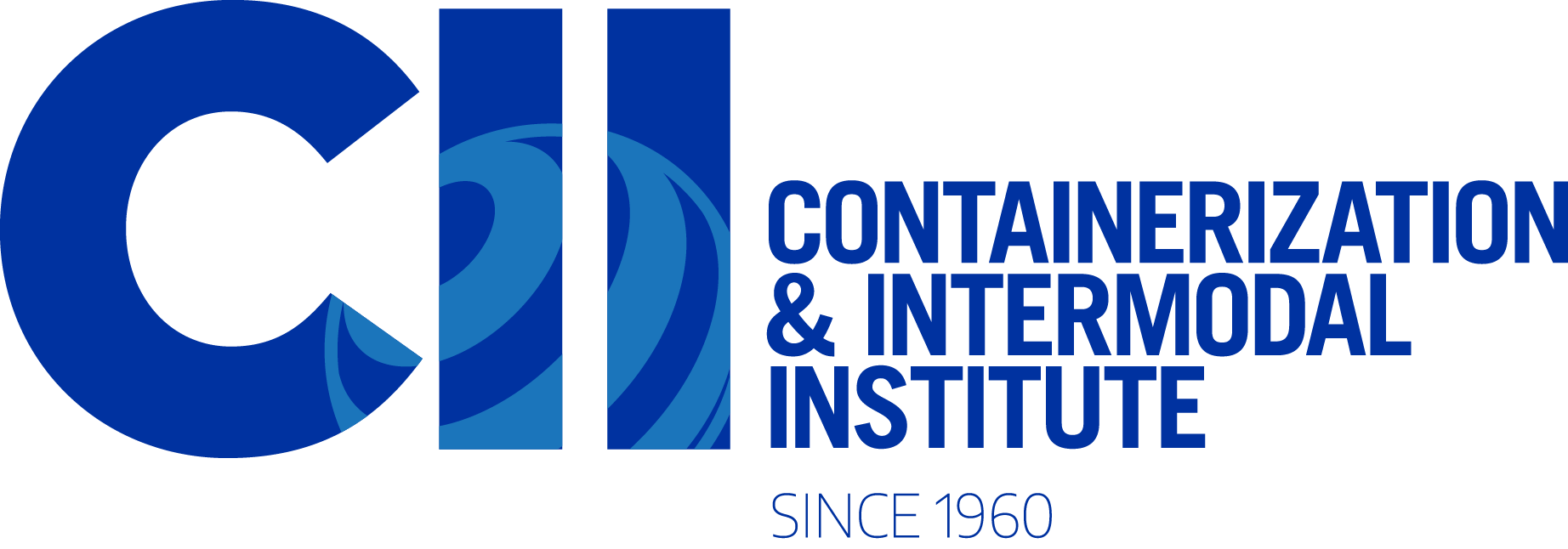The JOC 2023 Annual Review and Outlook Executive Commentary - Mike Wilson, CEO, Consolidated Chassis Management
Mike Wilson
CEO, Consolidated Chassis Management
“The American consumer has come to realize that the goods they require on a daily basis only appear upon their store shelves via an intricate network of transportation providers requiring very high levels of coordination.”
Mike Wilson, CEO Consolidated Chassis Management (CCM)
The “COVID years”(2020, 2021,and 2022), as some are calling them, were surely the most challenging the US and global supply chain has experienced, at least in recent memory. Import cargo volumes surged into the US at unprecedented levels, overwhelming every facet of the supply chain network. All asset classes whether one looks at ocean terminals, rail systems, trucking, container yards, or warehouse/fulfillment centers — were overwhelmed by the volumes of cargo
they were asked to handle.
With that said, as we look back we can also say that the US supply chain reacted admirably and for all the negative publicity it received, continued to function at an exceptional level given the circumstances.If one were to look for a silver lining in all of this it would be that the term and meaning of “supply chain” is no longer isolated within the transportation industry, but has become part of the lexicon in households across the country. At a minimum, the American consumer has come to realize that the goods they require on a daily basis only appear upon their store shelves via an intricate network of transportation providers requiring very high levels of coordination.
One of the most important tasks we have before us now is to objectively look back and identify the root causes behind these challenges. We must also take stock in the fact that the US supply chain enjoyed excess capacity for many years, masking the reality that infrastructure investment is best taken up by way of forethought rather than a reaction to gridlock.
As we look ahead, all indications are that cargo volumes will dissipate in the coming year giving us a “reprieve” of sorts from the strains of the “COVID years.”Hopefully the industry will use this time to realize that the strains we experienced are still looming on the horizon if we go forward without preparing for what will inevitably be in our future.

